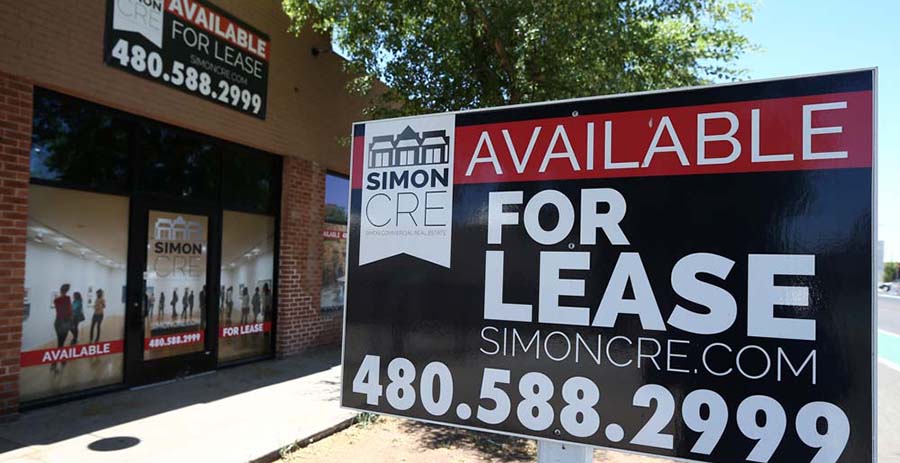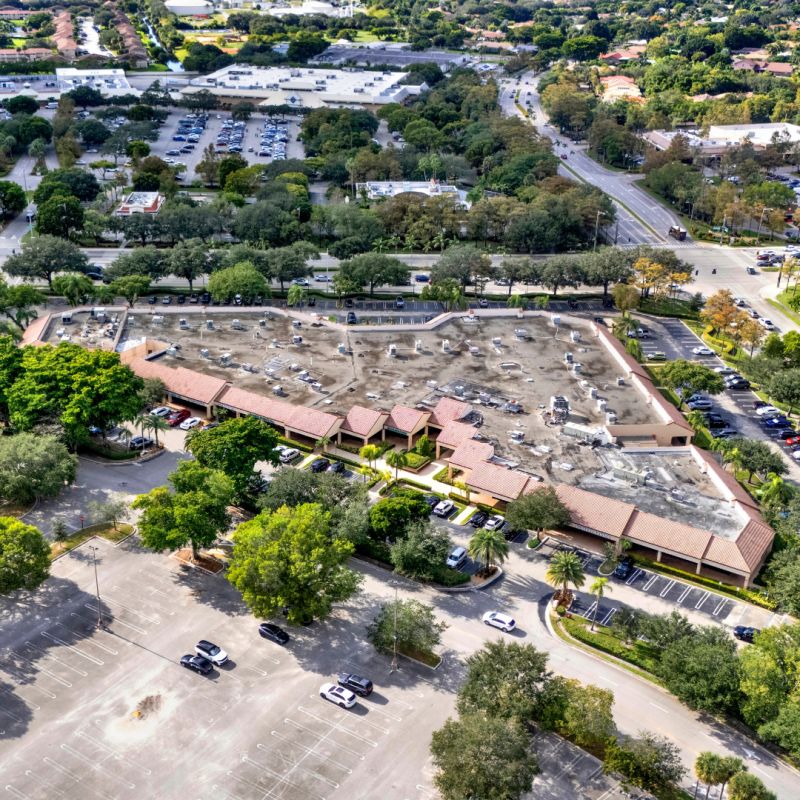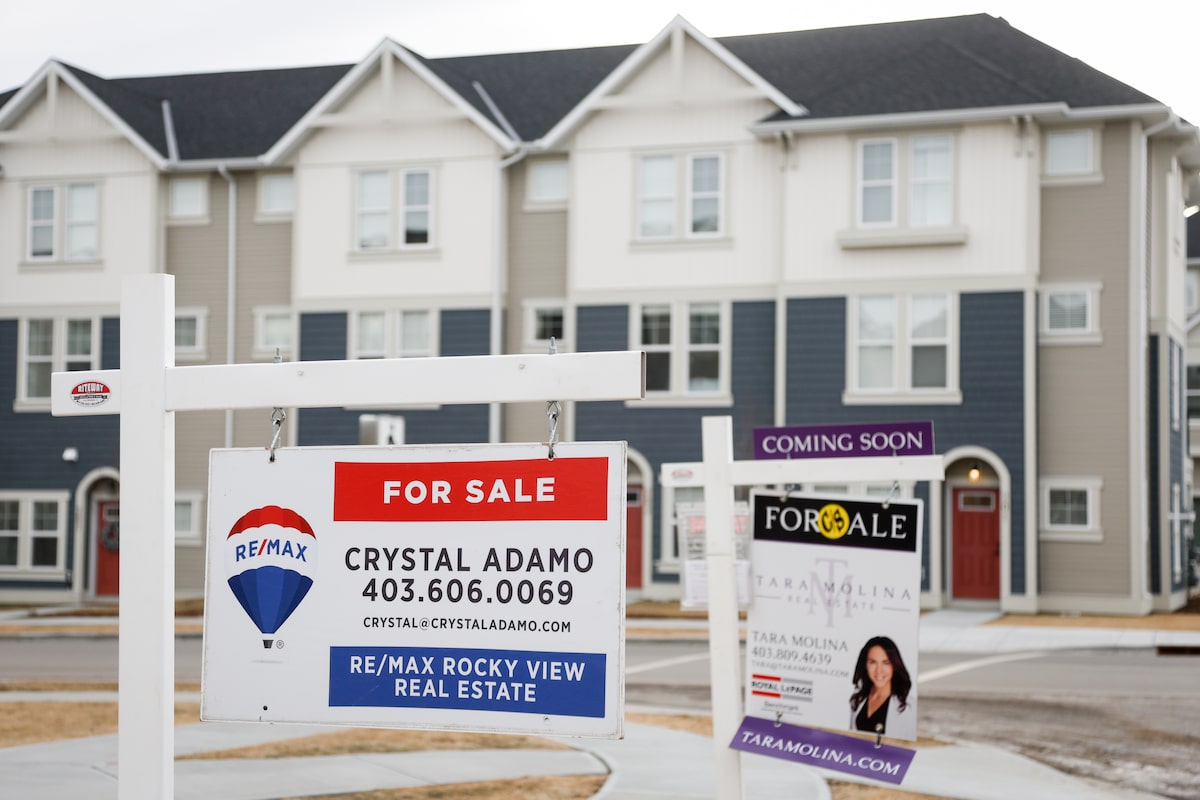A
I can boost commercial real‑estate work by crunching data, spotting maintenance needs, and speeding up tenant and staff vetting. Yet, if misused, it can trigger discrimination and legal claims. “If you couldn’t do it before you started using AI, you can’t do it now,” cautions Kate Polozie, partner at Woods Oviatt Gilman in Rochester. She warns that AI‑driven screening may inadvertently favor or exclude groups, and the broker remains liable for the chatbot’s output. Polozie urged regular bias audits and insisted that a human must stay involved to catch errors and meet anti‑discrimination standards.
Kris Vurraro, another Woods Oviatt Gilman partner, explains how AI can sift through competing lease templates, flaging missing exhibits and potential pitfalls. But AI lacks the contextual insight needed for negotiations; it cannot gauge client priorities or bargaining power. Human judgment is still essential in that arena.
When marketing a property, buyers and tenants expect clear photos. Relying on AI‑generated images is risky because the source and copyright status are unknown, potentially leading to infringement disputes. Polozie advises against using AI for visual content unless ownership is verified.
Beyond real‑estate tasks, AI is increasingly weaponized. A voice‑cloning tool can produce a convincing 30‑second spoof from any recorded clip, making it hard to detect fraudulent wire‑transfer instructions. If a caller suddenly changes transfer details, the broker should treat the request with suspicion and verify through a separate channel.
Both experts recommend that users deeply understand their AI tools, including how data is stored, whether the model is open or proprietary, and how terms of service may evolve. “Paid does not automatically mean private,” Vurraro notes. Vendors can alter data‑retention policies or access rights, so legal counsel is advisable before committing to a platform.
In short, AI offers powerful efficiencies for analytics, maintenance, and screening, but it also introduces new risks. Maintaining a human check, conducting bias testing, safeguarding image rights, and guarding against voice‑based fraud are all critical steps to protect brokers, tenants, and property owners from costly mistakes and legal exposure.















